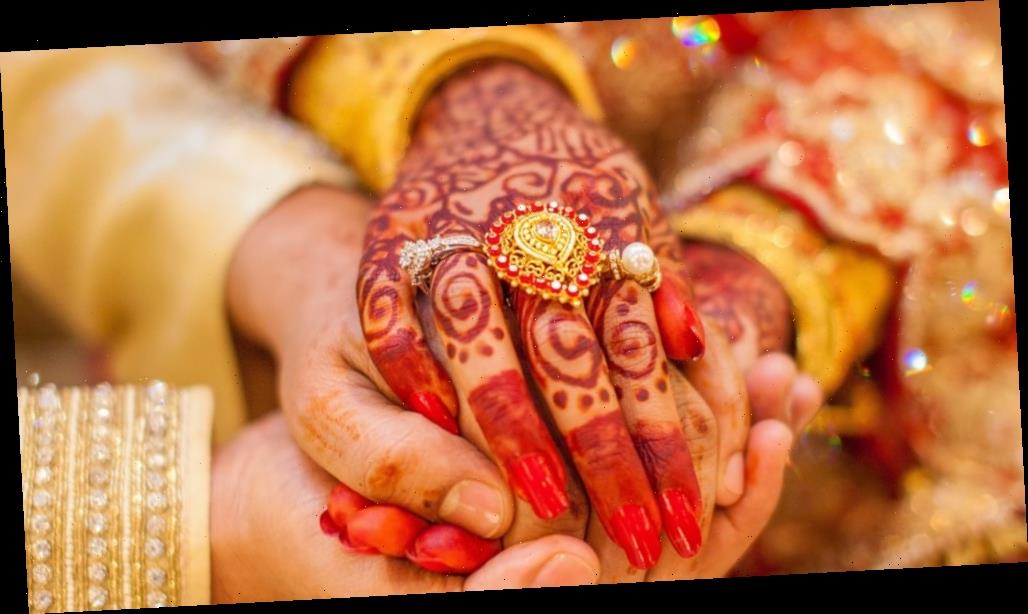
Henna tattoos have been around a long time; just ask Cleopatra. It was said the ruler used henna to decorate her body, and that Ancient Egyptians marked mummies’ nails with this dye pre-burial (via HuffPost). Henna dye comes from, not surprisingly, the henna plant. To make dye for a tattoo, henna powder is mixed with water, or another liquid, to form a paste that is used to create beautiful, and intricate designs on the skin (via Authority Tattoo).
Henna tattoos are widely used these days, not only to adorn the hands and feet, a practice known as Mehndi, at pre-wedding rituals and rites of passage in many cultures in Asia and the Middle East, but here in the U.S. for recreation, and even to make a fashion statement. Henna tattoos are temporary, typically lasting up to a month, with some fading, depending on how often the area is washed.
There’s no doubt henna art is gorgeous to behold. But while the art of applying henna tattoos dates back earlier than 30 BC, new concerns exist over the safety of the practice when not performed correctly.
Henna tattoos are stunning, but are they safe?

Unlike ancient times, today henna powder is sold ready-made at drug stores, and carnivals, and anyone can get their hands on it (via Verywell Family). The product often requires users to add water, or another wet ingredient like lemon juice, to make a paste.
Meanwhile, it’s easy to find DIY henna tattoo tutorials online, which makes the stunning art form accessible for everyone. But that’s also where the problem can come in. Some henna powder is sold when it’s old, or with added ingredients, making it potentially unsafe for use.
The Food and Drug Administration notes henna dye is not approved for use on the skin, just in the hair. The FDA also warns consumers that so-called “black” henna and other pigmented forms of the dye may contain unknown harmful ingredients that help them achieve their color. On its site, the organization says, “The extra ingredient used to blacken henna is often a coal-tar hair dye containing p-phenylenediamine (PPD), an ingredient that can cause dangerous skin reactions in some people.” In fact, consumers, some of them just teenagers, have complained of adverse reactions to using henna dye including allergic reactions.
Make sure you know what is in the henna powder you purchase, or the dye an artist is applying to your skin, before deciding if a tattoo is right for you.
Source: Read Full Article
